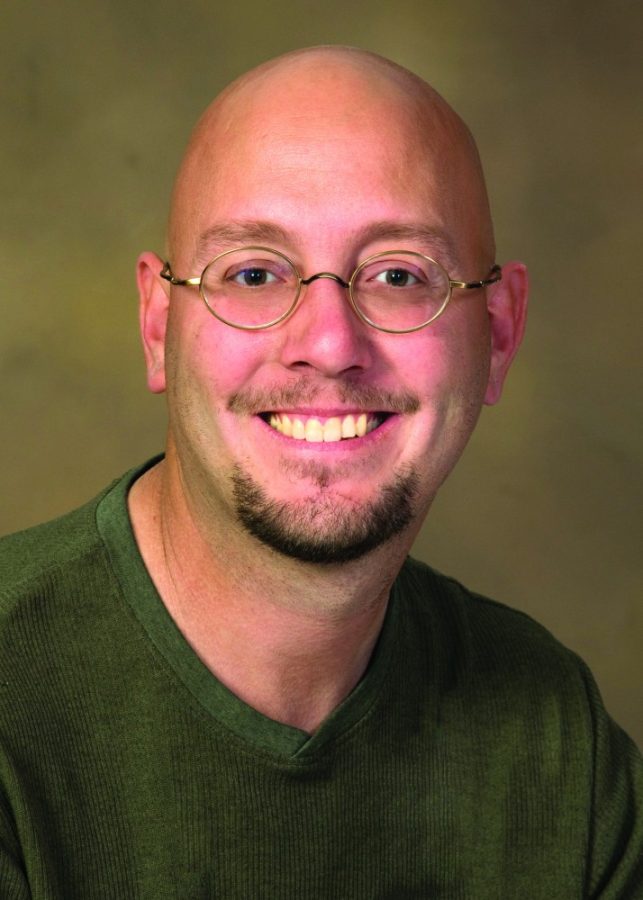Paul Blowers, an associate professor in the department of chemical and environmental engineering, was named the 2011 Arizona Professor of the Year by the Carnegie Foundation for the Advancement of Teaching and the Council for Advancement and Support of Education. National and state winners were recognized for their excellence in undergraduate teaching.
Daily Wildcat: How does it feel to be named the 2011 Arizona Professor of the Year?
Blowers: It was really surprising. I know so many outstanding instructors across this campus and within my own college that are as good or better at teaching than I am. So surprised, definitely.
What are some of the other awards you’ve won and where does this rank among them?
Very near the top. The UA awards I’ve won are outstanding recognition internally. This recognition is larger because it’s for the whole state. I have another award where I was named one of the best four faculty advisers in the country. It’s amazing.
This is the first time a UA engineering professor has won a Carnegie state professor of the year award. How much credit do you give your department and the College of Engineering for helping you reach this level of success?
Their support has been instrumental. When I’ve wanted to do something cool that might cost something, the college has found a way to make it happen. My PC laptop came from a grant that our dean, Jeff Goldberg, helped lead. When I lecture, it records my voice, makes a movie and students can watch it afterwards. Students who have English as a second language might watch a lecture six or seven times. One senior told me that without those recorded lectures, he wouldn’t have made it to his senior year.
What do you enjoy most about teaching?
When a student makes a connection and then they apply it in a new way. For example, I gave a homework problem of how much air it would take to dry my laundry. I literally create homeworks around my life. One student came in before an exam and said, ‘When my mom took off the cover of our hot tub and I saw the steam, and I know we have a five horsepower motor that puts the air in there, I could go ahead and calculate how much water evaporates on a given day.’ He’d drawn this connection and for him to be applying the course work to reality, that is what I really like. A student asked me once, ‘What motivates you?’ I can’t believe they pay me to do this.
What are your classes like?
My first year as a professor I lectured straight up. I got up, talked and students copied. Two students failed that class and I took that quite personally. I worked hard, I know they worked at it, but clearly there was something that wasn’t working. I had them take a learning styles test. One student matched up perfectly with the way I taught and the other student was completely opposite of my teaching style. So over the next year when they re-took the class, I worked with each of them an extra hour, three times a week. One of them taught me that not everyone learns the same way. Now if you come into my “lecture” I’m really at the front talking. I’ll introduce a concept, post a problem up on the screen and I ask the students to work on it. People are walking around, arguing, raising their hands … as opposed to just watching me solve it, they struggle with and they ask really good questions.
What’s the reputation of engineering professors regarding how well they teach?
Ten or 15 years ago when you heard ‘good teaching,’ you’d probably think humanities or the school of education. There were prominent people in the media that were economists or business people, very well known educators. There were only one or two engineering educators and now, you see their innovativeness more frequently. Engineering is: you see a problem, you look at the constraints, you find a way around the problem and you make the situation better. I engineer my classes and I think a lot of engineers are using their creativity and skills to doing just that. It’s new and continuing to grow.









